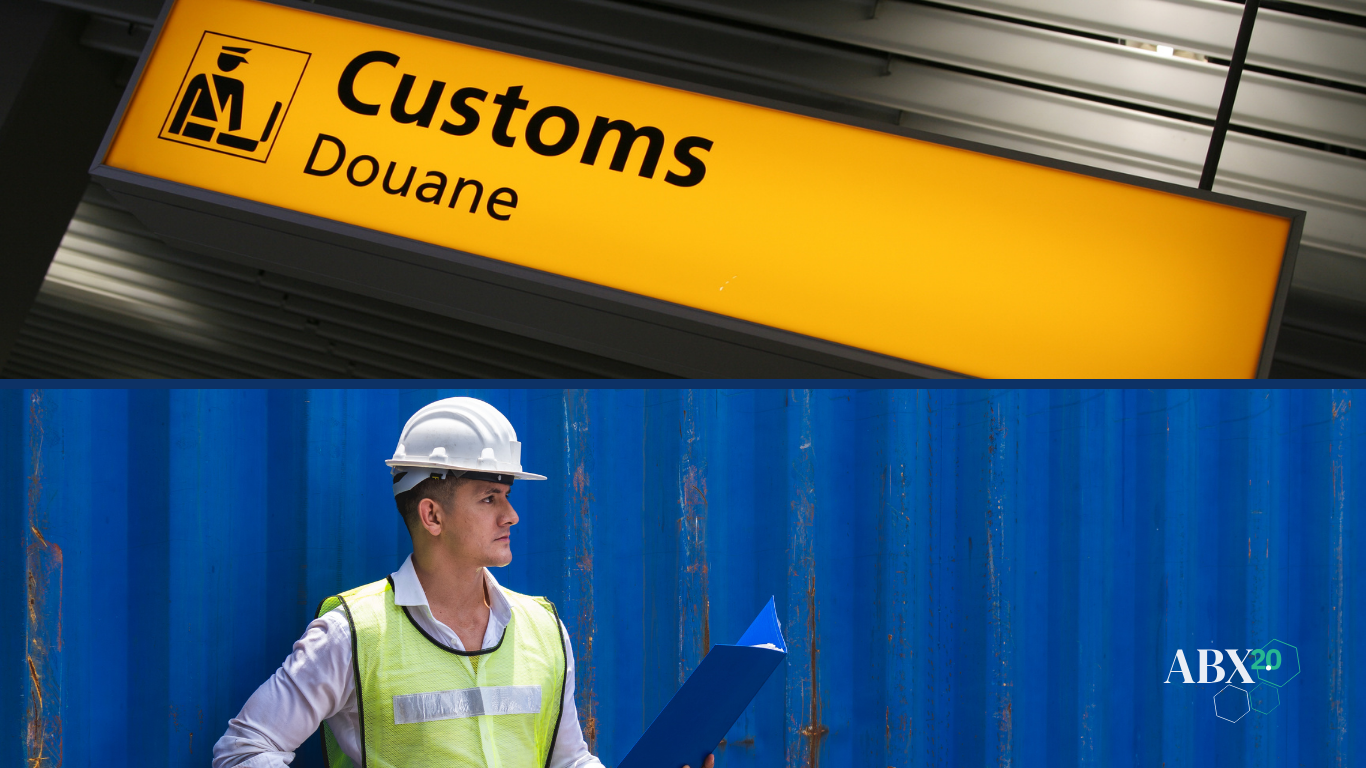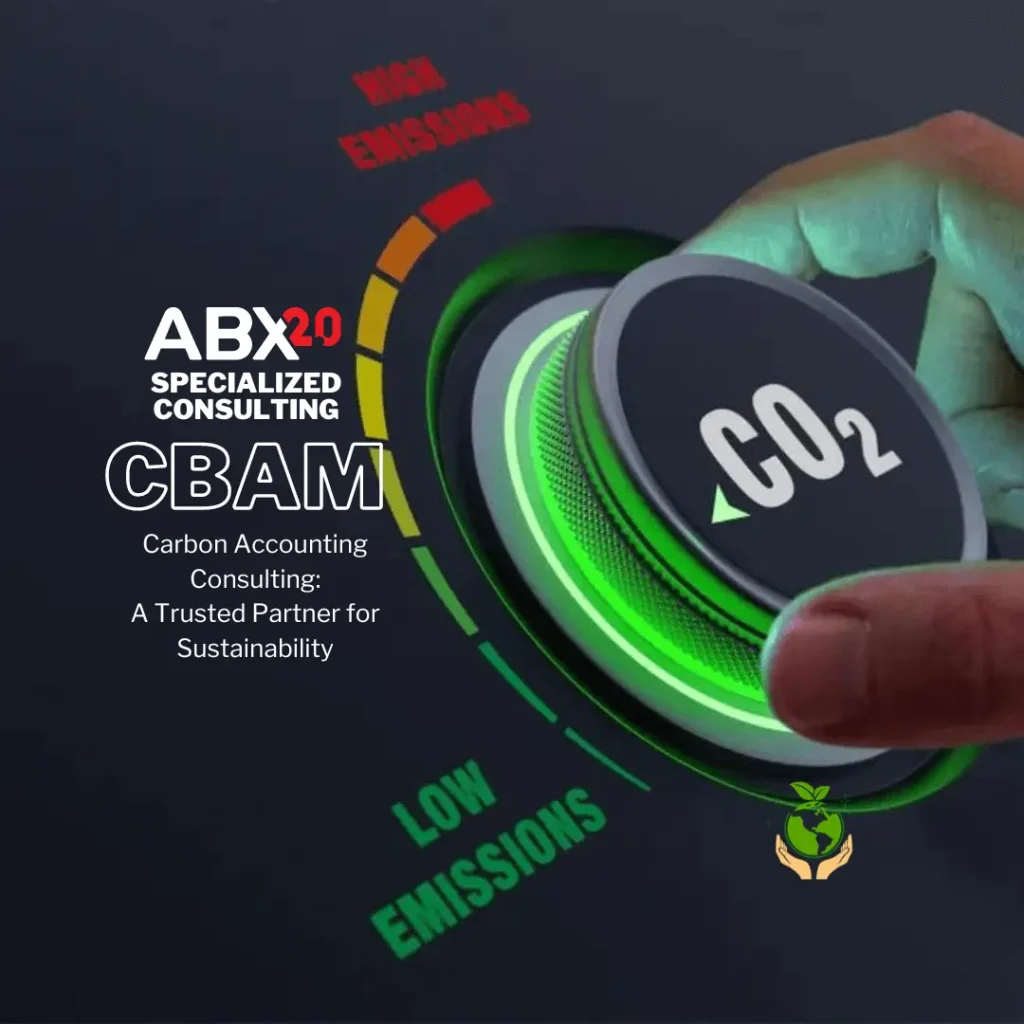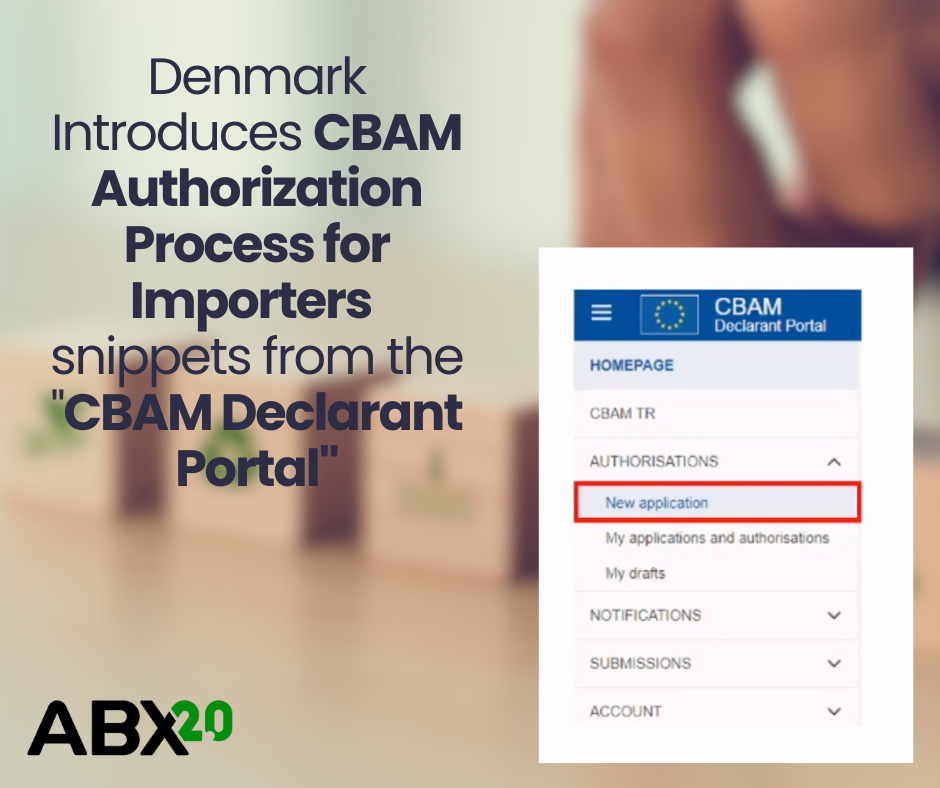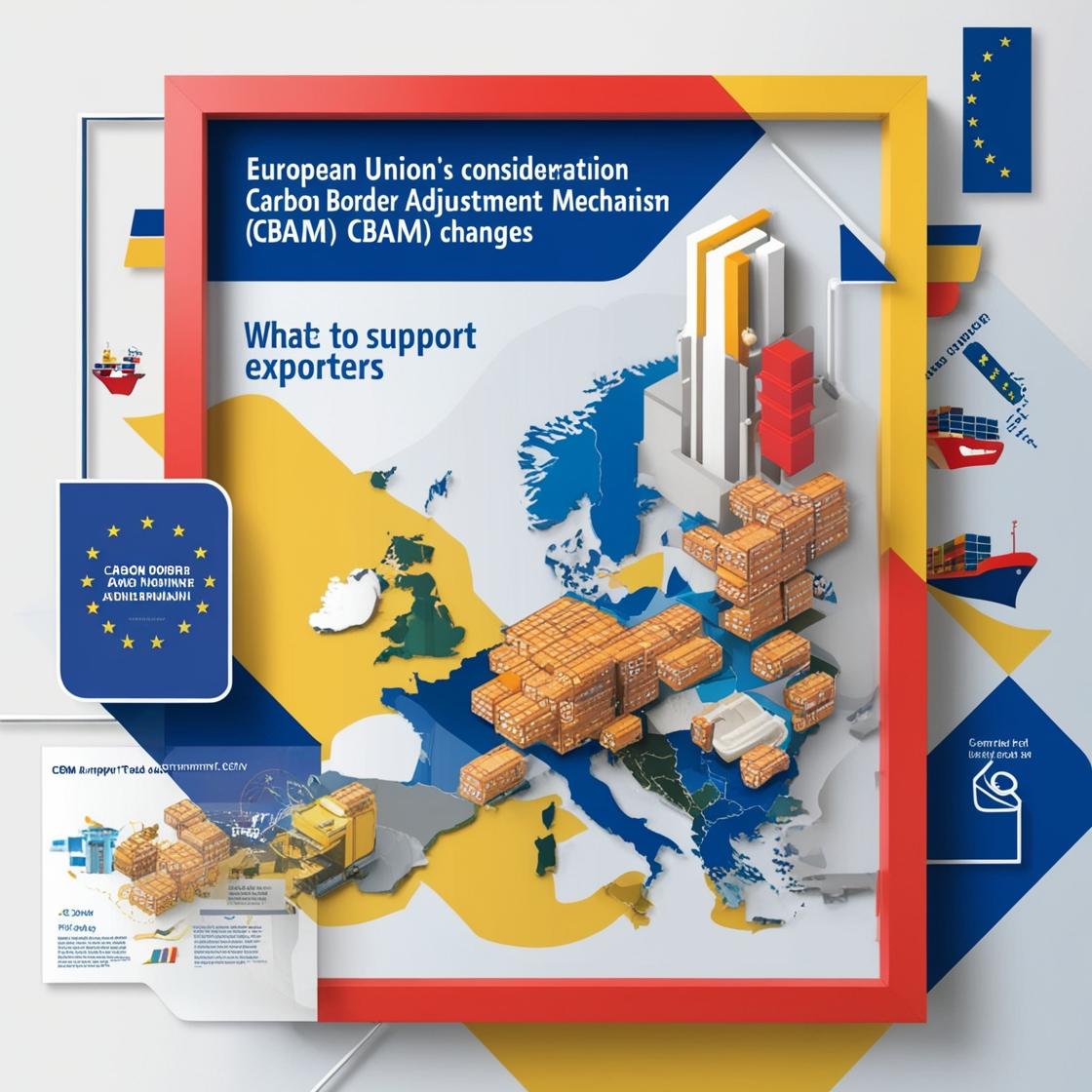Breaking News: CBAM Authorization Deadline Expected to Shift to 31 March 2026???

National authorities in Denmark and Germany are signalling that importers may have until 31 March 2026 to apply for authorization as CBAM importers. From 1 January 2026, CBAM formally applies. But if the Omnibus simplification package is adopted as expected this autumn, companies that submit their application before 31 March could continue importing while approval […]
CBAM Authorization: The Final Warning for Importers Before the 2026 Border Shutdown

Subtitle: The January 1, 2026 deadline is a cliff edge. Without status as an authorized CBAM declarant, your imports of steel, cement, aluminum, or fertilizers will be denied entry. This is your last chance to prevent a complete operational shutdown. Introduction: Your Business is on the Line The clock is not just ticking; it has […]
EU Steel Industry Collapse: How Unfair Imports Are Killing European Steel in 2025

The European steel industry isn’t just in crisis. In fact, it’s fighting for its very survival. For years, failed policies have allowed a catastrophic flood of cheap steel to gut the market. At the same time, a brutal trade war with the United States is strangling exports. Consequently, the result in 2025 is a full-blown […]
CBAM Updates 2025 – How to Turn Compliance Into a Competitive Edge

As a CBAM specialist and consultant, the year 2025 brought major updates to the Carbon Border Adjustment Mechanism and carbon emissions reporting, generating both uncertainty and important clarifications for producers and importers. One of the most significant changes this year is the new CBAM reporting obligation threshold: now set at 50 tons or 100 tCO2e […]
Denmark introduces CBAM Authorization process for importers

Snippets from the “CBAM Declarant Portal” A major shift is coming for importers, and the clock is ticking. From January 1, 2026, importing CBAM-covered goods without proper authorization will no longer be an option. Failure to comply could mean halted shipments, heavy fines, and significant business disruptions. But what does this process involve, and how […]
CBAM in Paris: Challenges and Opportunities for Europe’s Economy

At the recent CBAM Conference in Paris, experts, policymakers, and industry leaders gathered to discuss carbon leakage and global climate action. Hosted at the French Ministry of Economy and organized by the Direction générale du Trésor, the event served as a key platform for exchanging ideas and developing strategies that balance economic goals with the […]
Will CBAM Affect Your Operations, Legal Compliance, and Pricing?

The European Union’s implementation of the Carbon Border Adjustment Mechanism (CBAM) is a major shift in global trade and climate policy. It is designed to stop carbon leakage, which occurs when production moves to countries with looser emissions regulations. CBAM has the potential to reshape company operations, legal compliance, and pricing structures. CBAM: A Catalyst […]
EU Considers Adjusting CBAM to Support Exporters

The European Union is examining possible modifications to the Carbon Border Adjustment Mechanism (CBAM) to support exporters impacted by the new regulations. Sectors like steel and aluminum, which are carbon-intensive, face challenges due to the additional costs imposed by CBAM. CBAM, set to be gradually implemented starting in 2023, aims to prevent “carbon leakage” by […]
CBAM Under Scrutiny: Challenges of the First Reporting with Real Data

The initial phase of implementing the Carbon Border Adjustment Mechanism (CBAM) has presented significant challenges for companies importing goods into the European Union (EU). According to regulations, these companies must report embedded emissions in imported products to discourage high-carbon footprint imports. This report examines the first difficulties encountered, provides new examples, and highlights lessons learned […]
What is the Cost of the Carbon Border Adjustment Mechanism (CBAM)?

The European Union has introduced the Carbon Border Adjustment Mechanism (CBAM), adding a secondary emissions charge specifically for imports. The resulting costs are directly borne by companies, with expenses influenced by a variety of significant, interlinked factors rather than a straightforward CO₂ emissions tax. Emission Load DependencyFor each ton of embedded CO₂ emissions in imported […]
